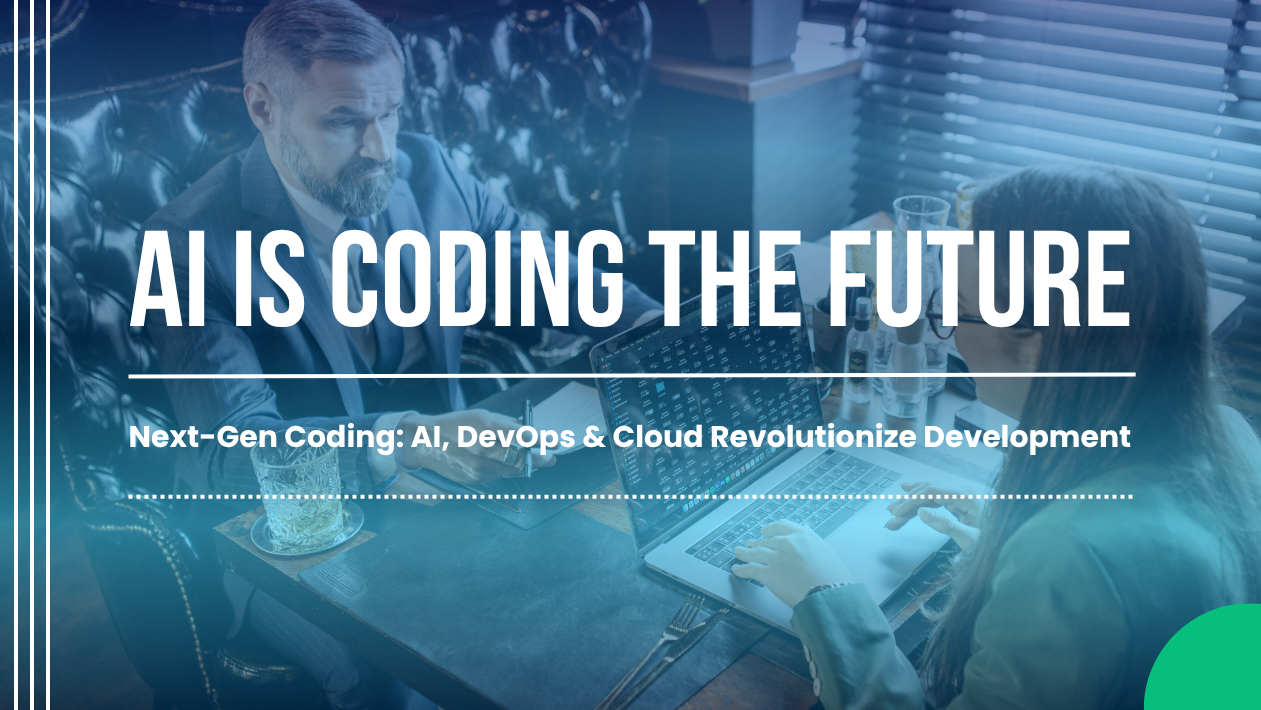In the ever-evolving landscape of cybersecurity, artificial intelligence (AI) has emerged as a transformative force, enabling organizations to proactively defend against sophisticated threats. AI-driven cybersecurity solutions leverage machine learning algorithms to analyze vast amounts of data, identify patterns, and detect anomalies in real-time.
The Role of AI in Threat Detection
Traditional cybersecurity measures often struggle to keep up with the volume and complexity of modern threats. AI addresses this challenge by continuously learning from new data, allowing systems to adapt and recognize emerging threats without human intervention. This capability enhances the speed and accuracy of threat detection, reducing the window of opportunity for cybercriminals.
Automating Incident Response
AI not only aids in identifying threats but also plays a crucial role in automating incident response. By integrating AI with security orchestration tools, organizations can streamline their response to security incidents, minimizing the impact and duration of potential breaches. Automated responses can include isolating affected systems, blocking malicious IP addresses, and initiating predefined remediation workflows.
Enhancing Predictive Capabilities
One of the most promising aspects of AI in cybersecurity is its predictive capabilities. By analyzing historical data and identifying trends, AI can forecast potential vulnerabilities and attack vectors, allowing organizations to implement preventive measures before threats materialize. This proactive approach shifts the cybersecurity paradigm from reactive to anticipatory.
Overcoming Challenges and Ethical Considerations
While AI offers significant advantages, its implementation comes with challenges. Ensuring the quality and diversity of training data is essential to prevent biases and inaccuracies in AI models. Additionally, ethical considerations regarding data privacy and the potential for adversarial attacks on AI systems must be addressed to maintain trust and effectiveness.
Future Outlook
The integration of AI into cybersecurity strategies is expected to continue growing, with advancements in explainable AI and federated learning enhancing transparency and collaboration. As cyber threats become more sophisticated, AI will play an increasingly vital role in safeguarding digital infrastructures.





